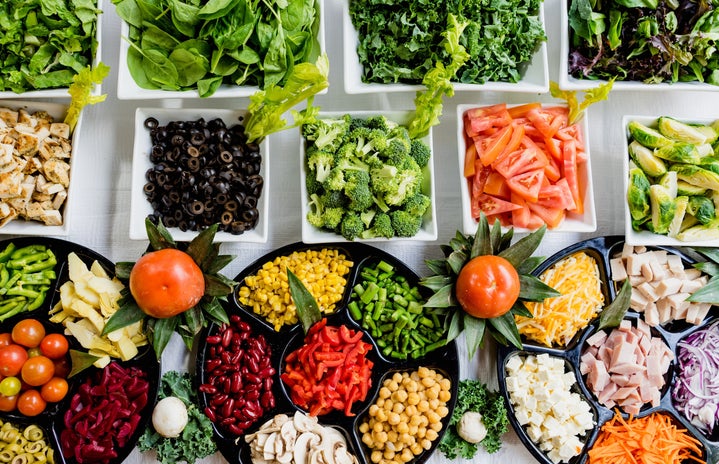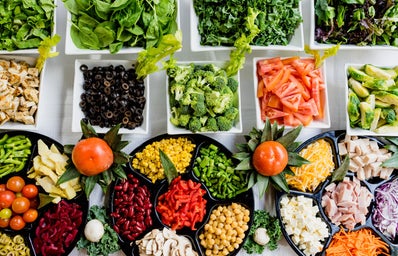Where were you last night between 730 and 9pm? If you weren’t at Michael Pollan’s speech last night in Rosse Hall, you certainly were not in the right place. Whether or not you attended the speech, HerCampus Kenyon is here with a recap of Pollan’s inspiring talk.
Though the event advertised that Pollan, the bestselling author, journalist, and “food movement legend” would speak about “How Cooking Can Change Your Life,” his speech extended far beyond the limits of the kitchen.
Throughout the course of his speech, Pollan set out to convince his audience that the act of cooking—of preparing food in a way that extends beyond pressing a preset button on the microwave—is an inherently human act that is both so simple and natural and yet so complex in its implications.
To make his point, Pollan managed to incorporate the ideas of sociology, anthropology, chemistry, biology, politics, and women’s rights along with a few well-timed Kenyon-centric jokes as a way to show the audience how cooking could change their lives. If that’s not thorough evidence, I’m not sure what is.
While his tales of visiting factory farms in California and researching the evolution of the ceramic pot since prehistoric times were fascinating, what we loved most about Pollan’s speech was how he approached the idea of nutrition. Pollan pointed out that nutrition science is a young field, comparing its legitimacy today to that of surgery in the 1600s.
With that said, Pollan went on to slightly debunk the tenets of today’s trendy diets that have taken over every media outlet. Outside of the realm of food allergies and other similar health needs, Pollan urged the audience to rethink the paleo, raw food, South Beach, gluten-free, Atikins, and many other diets that have become popular in the past few years.
[pagebreak]
First, he warns against paleo and raw diets through an anthropological look at the evolution of the human body and its ever-shrinking gut. Cooking serves as a way to detoxify food while releasing its full energy potential, and thus, as the gut shrank, it lost its ability to process raw foods.
If it seems sad that cooking may have supplanted the human ability to digest raw foods the way they used to (millions of years ago), remember that the progression to cooking also promoting a longer human life, as the advent of cooking allowed the young, old, and sick to now survive on a diet of softened, more easily-digestible foods. Good news for us!
Next, Pollan moved on to a discussion of why gluten-free diets have become a trend and what we may be missing out on by cutting the wheat out of our diets. While he acknowledged that Celiac’s disease has become more prevalent over the past 50 years, Pollan suggested that perhaps the growing intolerance to gluten has more to do with the type of bread we eat rather than the bread itself, which can provide the body with incredible health benefits if obtained from the right source.
Through a slightly complicated explanation of the bread-making process, Pollan showed that the mass-produced Wonder Bread you’re buying from the supermarket does not have the same gluten properties as the homemade loaf of sourdough bread that you let rise on your countertop for 16 hours. While not suggesting that members of the audience with serious gluten allergies should try a new kind of bread to test their tolerance level, he did hint that maybe the gluten-free diet was not right for everyone.
What it comes down to, according to Pollan, is that no matter what you eat, cooking for yourself or your family can provide a social, health, and even mental benefits that driving through a fast food window can’t.
For more information about Michael Pollan’s “food rules” visit www.michaelpollan.com
[Photo Sources: Gourmet.com; Michael Pollan.com]

